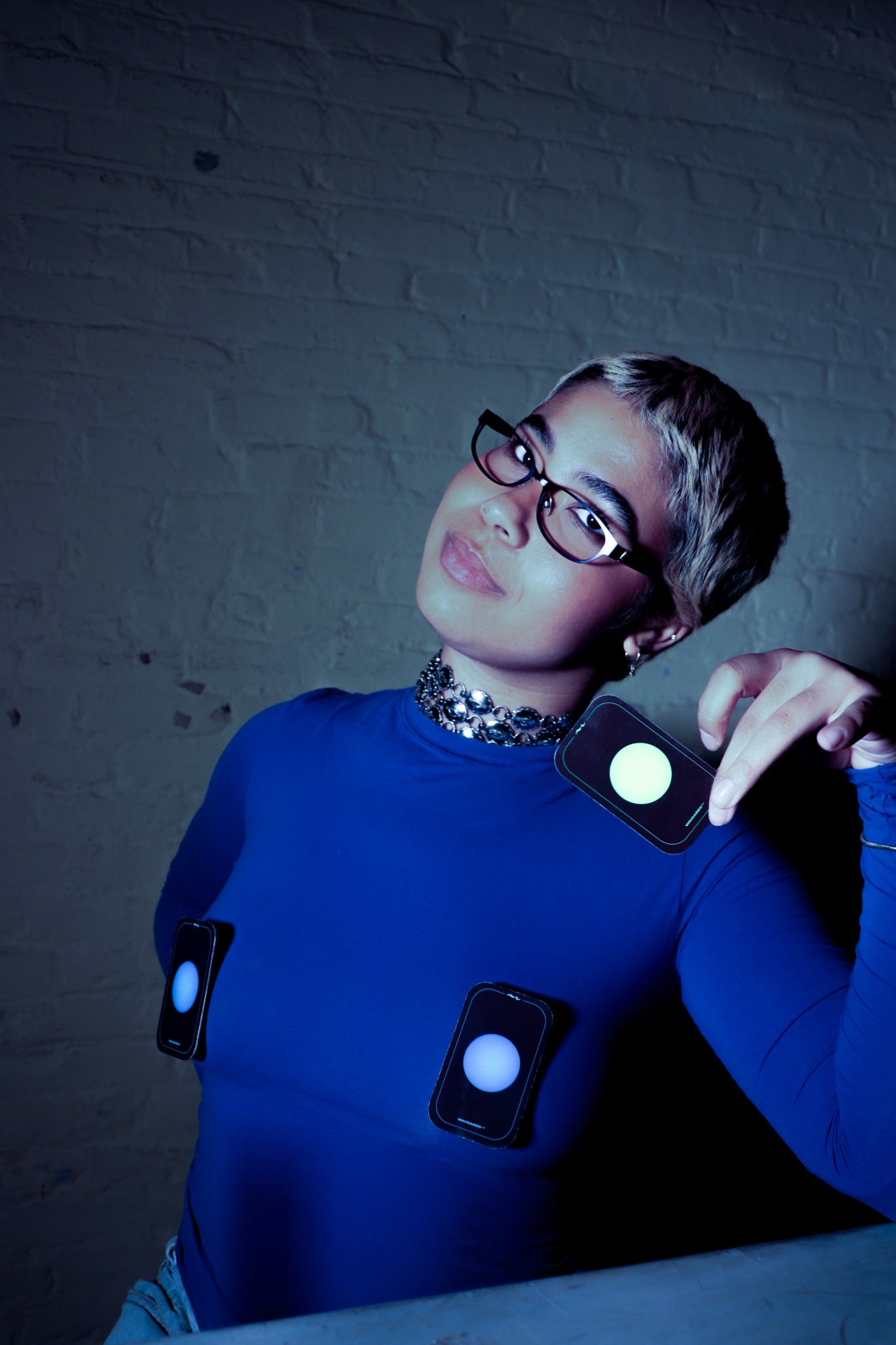We were lucky to catch up with Raeden Gibran recently and have shared our conversation below.
Alright, Raeden thanks for taking the time to share your stories and insights with us today. We’d love to have you retell us the story behind how you came up with the idea for your business, I think our audience would really enjoy hearing the backstory.
The first version of WAVCARDS was born in one of my best friend’s college apartments. We were both entering our senior year, preparing to pitch our thesis projects, and decided to get a head start by brainstorming ideas. I was stuck. I considered a podcast, a photography exhibit, maybe a sound installation—but none of them sparked real excitement.
In search of inspiration, I scrolled through my notes app, where I kept a list of random inventions and business concepts I’d jotted down over time. One idea stood out: “Cards Against Humanity but for music.” It felt engaging, innovative, and aligned with my skill set.
A week later, I was in my Streaming Economy class, one of the last courses I needed to complete my degree in Music Industry. Our professor kept challenging us with a simple yet profound question: How much is a song really worth? That discussion stuck with me. At the same time, an artist friend of mine was sharing their excitement about hitting 5,000 streams on their song, just to earn $5—barely enough to buy a latte. The reality of modern music monetization felt broken. We also studied companies that successfully integrated hardware into their business models instead of relying solely on software. That approach made me think—what if there was a physical product that could help revalue music the way CDs and vinyl do? Something collectible and tangible, yet designed for the digital age.
At the same time, I was developing a music-based card game—initially using written names, then QR codes, along with prompt cards to gamify the experience. Alas, the first iteration of WAV was born.
Initially, the cards used QR codes, requiring the user to open up their camera to use them, but I wanted a more seamless and intuitive way to access content. I started researching NFC (Near Field Communication) technology, which allows data transfer through a simple tap. With no experience in tech, I had to learn everything through experimentation, consulting experts, trial and error.
By June 2024, I had a working prototype. After months of refining, testing, and gathering feedback, WAVCARDS officially launched in January 2025. What started as a senior thesis project evolved into a business that challenges the current music landscape, giving artists a new way to monetize their work while creating a collectible experience for fans.
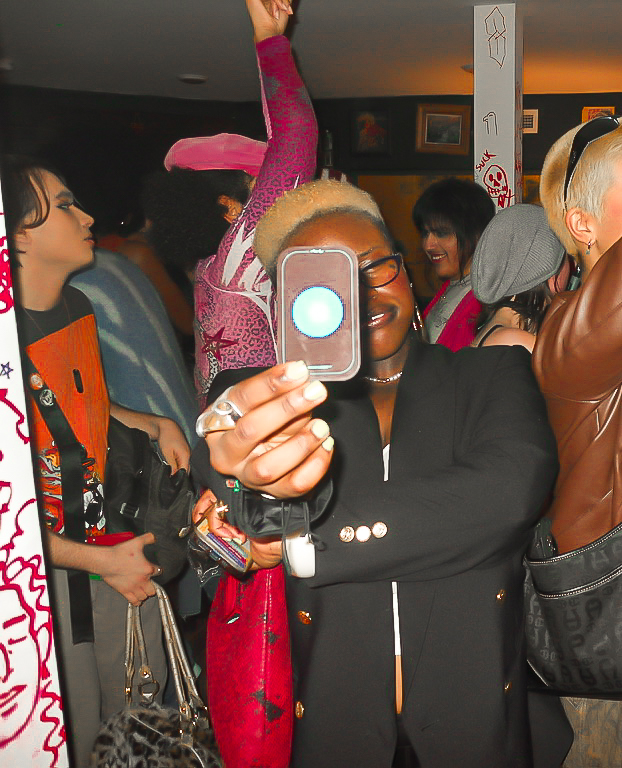
Raeden, love having you share your insights with us. Before we ask you more questions, maybe you can take a moment to introduce yourself to our readers who might have missed our earlier conversations?
My name is Raeden Gibran, and I’m a 24-year-old entrepreneur with a background in media arts and the music industry. I studied at the University of Southern California’s School of Cinematic Arts, majoring in Media Arts and Practice, with a minor in Music Industry at the Thornton School of Music. Throughout college, I worked as a photographer and consultant, primarily capturing music events, DJ sets, concerts, and artist promotional materials.
During my senior year, I developed the concept for WAV in response to the need for a tangible, physical product in today’s digital music landscape. As I learned more about the economics of streaming, it became clear how undervalued music had become. It was disheartening to see artists pour their energy into creating content in the hopes of going viral, only to earn mere fractions of a penny per stream—an unpredictable and unsustainable model for making a living. I wanted to create something that not only addressed this issue but also merged my passions for media art, graphic design, product design, and brand strategy. WAV debuted at my senior thesis exhibition, and after feeling the excitement around it, I decided to pursue it full-time as a business.
Beyond revaluing music, I was also frustrated by the lack of moral compass in many businesses—where profit seemed to be the only priority. I saw WAV as a way to challenge that by creating something that supports artists while also giving back to the community. That’s why I launched the WAV IMPACT Initiative, which directs a portion of WAVCARDS sales toward mutual aid funds and individuals in need. My goal was to make it effortless for consumers to contribute to positive change while supporting the music they love.
WAVCARDS exists at the crossroads of technology, music, and gaming, designed to cultivate community, promote equity, and reimagine music discovery. WAVCARDS are NFC-enabled collectible trading cards that seamlessly connect to music. With a simple tap of your phone, each WAVCARD instantly plays a song, playlist, or album, bridging the gap between physical collectibles and digital streaming. At its core, WAVCARDS is about restoring value to music in an era where streaming has made it more accessible but far less intentionally consumed. What makes us different is our unwavering focus on artist compensation and the tangible connection between supporters and musicians.
The idea for WAVCARDS began as my senior thesis project in college. As I researched music monetization, it became clear that artists were being massively underpaid despite the widespread reach of digital streaming. Rather than just critique the system, I wanted to create a solution—one that put more revenue directly into artists’ hands while preserving the magic of owning music in a physical format. After graduating, I committed to developing WAVCARDS full-time, knowing the journey would be unpredictable but necessary.
Building a startup from the ground up, especially one that challenges industry norms, has been both a learning curve and an opportunity. There’s no perfect blueprint for innovation, so I’ve made it a priority to collaborate with artists, industry professionals, and music lovers at every stage. Their input has been instrumental in refining WAVCARDS into a product that truly serves its community.
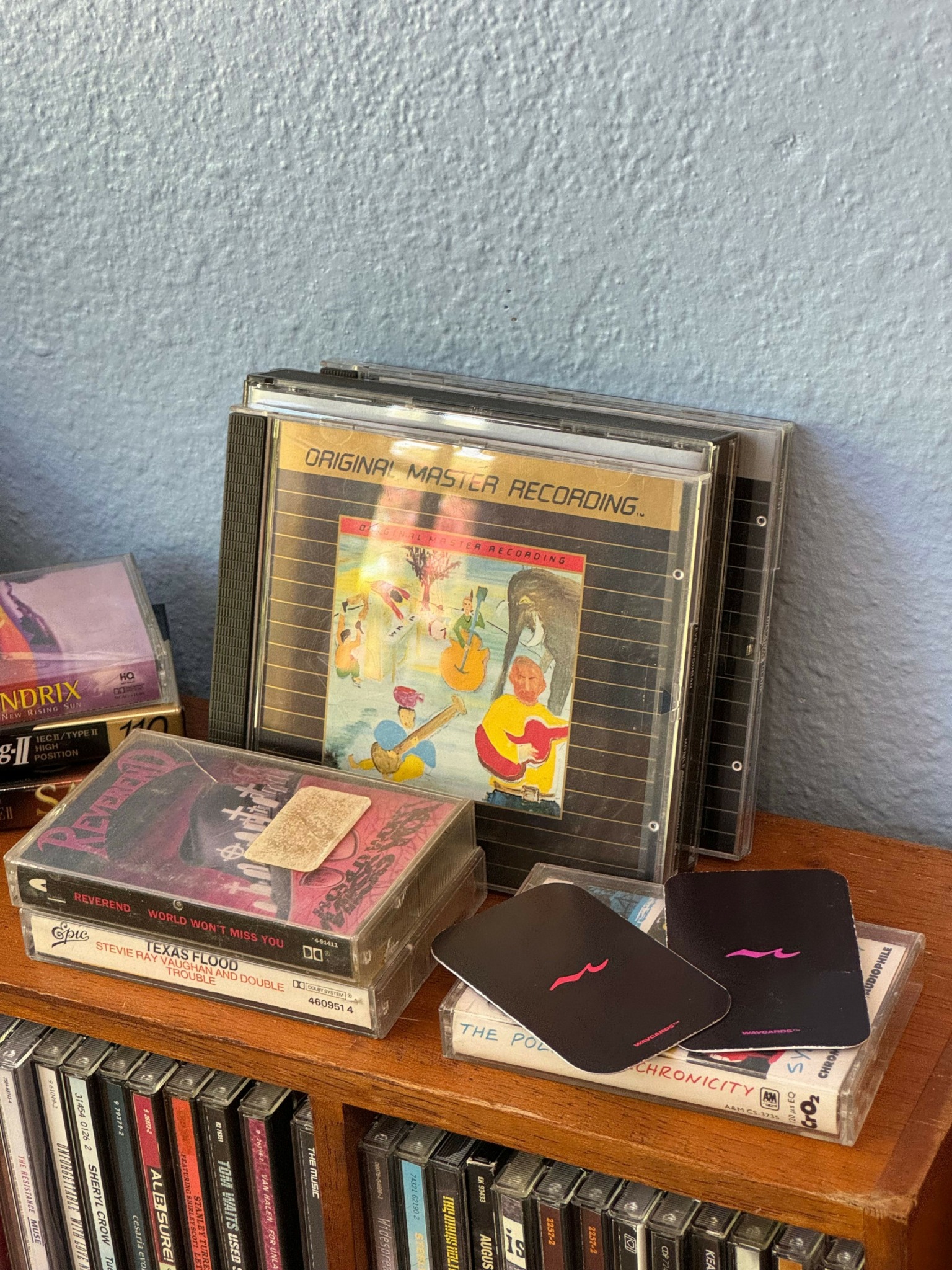
Learning and unlearning are both critical parts of growth – can you share a story of a time when you had to unlearn a lesson?
A major lesson I had to unlearn is that just because I can do something doesn’t mean I should. Early on, I operated under the mindset that since I was capable of handling every aspect of my business, I had to be the one to do it. But as WAVCARDS grew, I realized that trying to do everything myself wasn’t sustainable—it was actually limiting the company’s potential.
The turning point came when I started assessing the opportunity cost of my time. Every task I took on meant something else was being neglected. I had to shift my perspective and recognize that asking for help isn’t a sign of weakness; it’s a strategic move. The vision for WAVCARDS is ambitious, and like many founders, I often think about its impact at scale. But translating a big vision into actionable steps can be overwhelming, and I learned that delegation is key to making it all possible.
Now, I focus on surrounding myself with people who are just as passionate about the project and trusting them to take ownership of their roles. It’s a process of building not just a product but a sustainable, scalable, and thriving system. And in doing so, I’ve realized that leadership isn’t about doing it all—it’s about making sure everything gets done in the best possible way
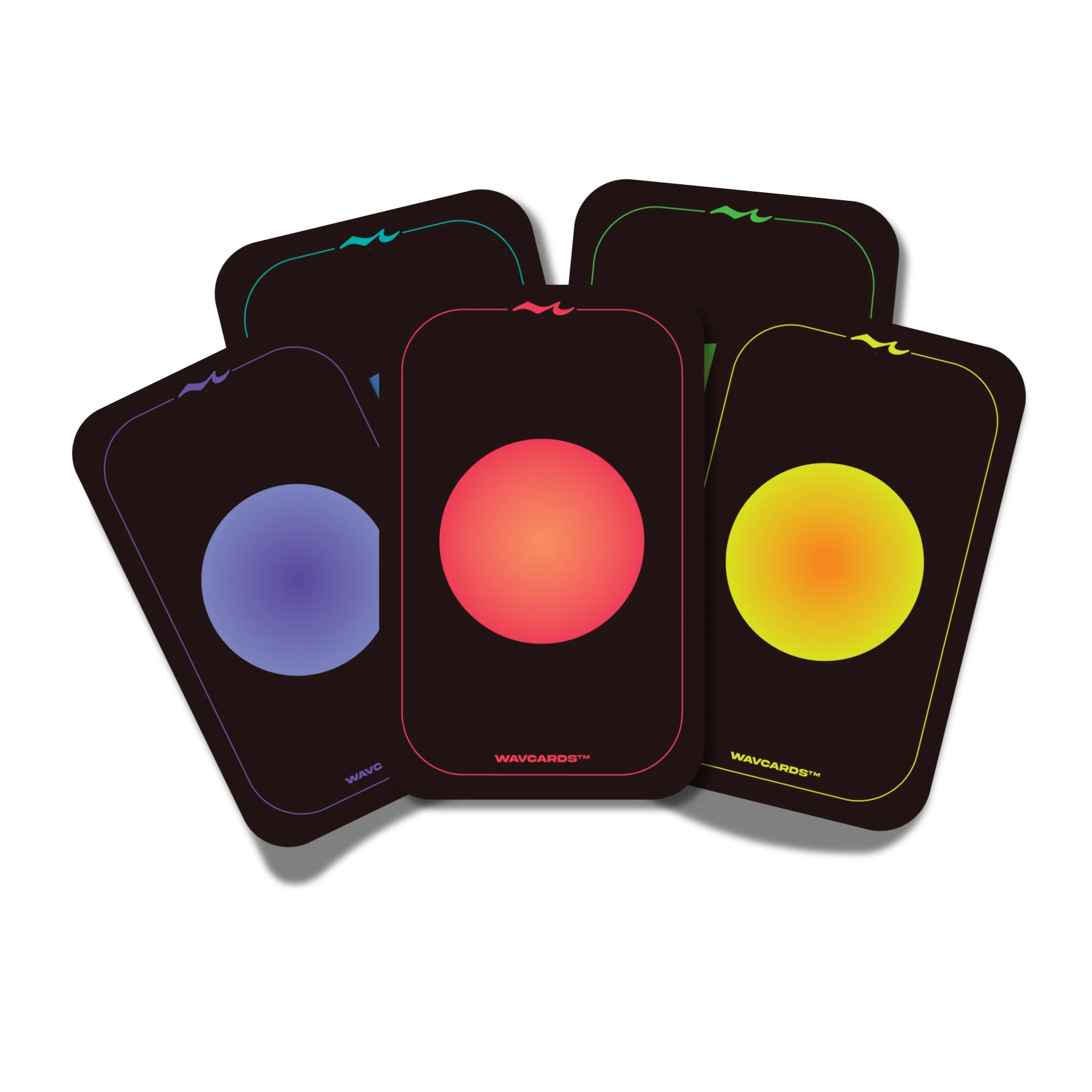
We’d really appreciate if you could talk to us about how you figured out the manufacturing process.
Yes! WAVCARDS are still made by hand, though parts of the manufacturing process are now outsourced. In the beginning, I sourced the paper cards from a game manufacturer and embedded the NFC technology myself. I had no prior experience with tech or manufacturing, so I had to learn everything through research, trial and error, and consulting with industry professionals.
Every detail—adhesives, card materials, chip types—was something I had to experiment with. Not every version of the MVP was a success. Some cards broke, some wouldn’t load properly, and others just didn’t function the way I envisioned. But that’s the beauty of creating a physical product: putting it in people’s hands teaches you more than anything else.
One of the biggest lessons I’ve learned is that iteration is necessary. It can be nerve-wracking to release something that’s still evolving, but early adopters have been instrumental in refining WAVCARDS by providing invaluable feedback. Now, while I still assemble each card by hand, I’m actively working on scaling production in a way that maintains the intentionality and quality I love. Manufacturing has been one of the most challenging yet rewarding parts of this journey—and honestly, some of my favorite moments are still spent making WAVCARDS myself.
Contact Info:
- Website: https://wavcards.com
- Instagram: @wavcards https://www.instagram.com/wavcards/
- Youtube: https://www.youtube.com/channel/UCmxPMB-URQvCMOnbOAT_Afg
- Soundcloud: https://soundcloud.com/wavcards
- Other: https://open.spotify.com/user/316rtiq43j6h6byvse4gwjcvqsyq?si=af10e8aa2cf64688
Email: [email protected]
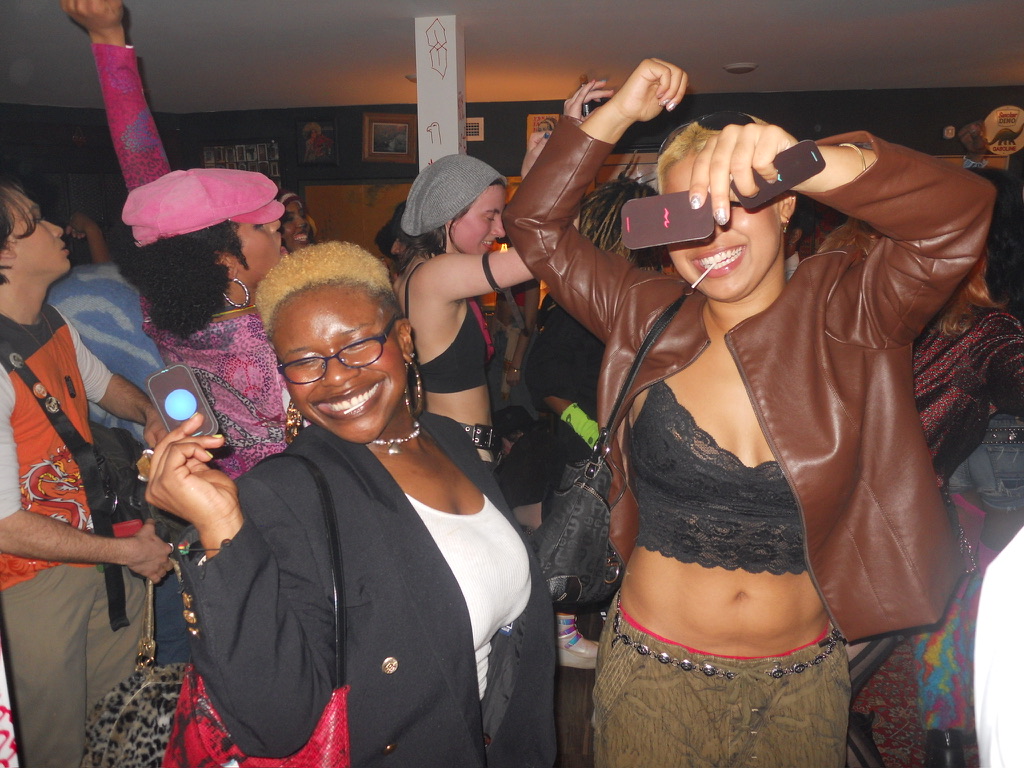
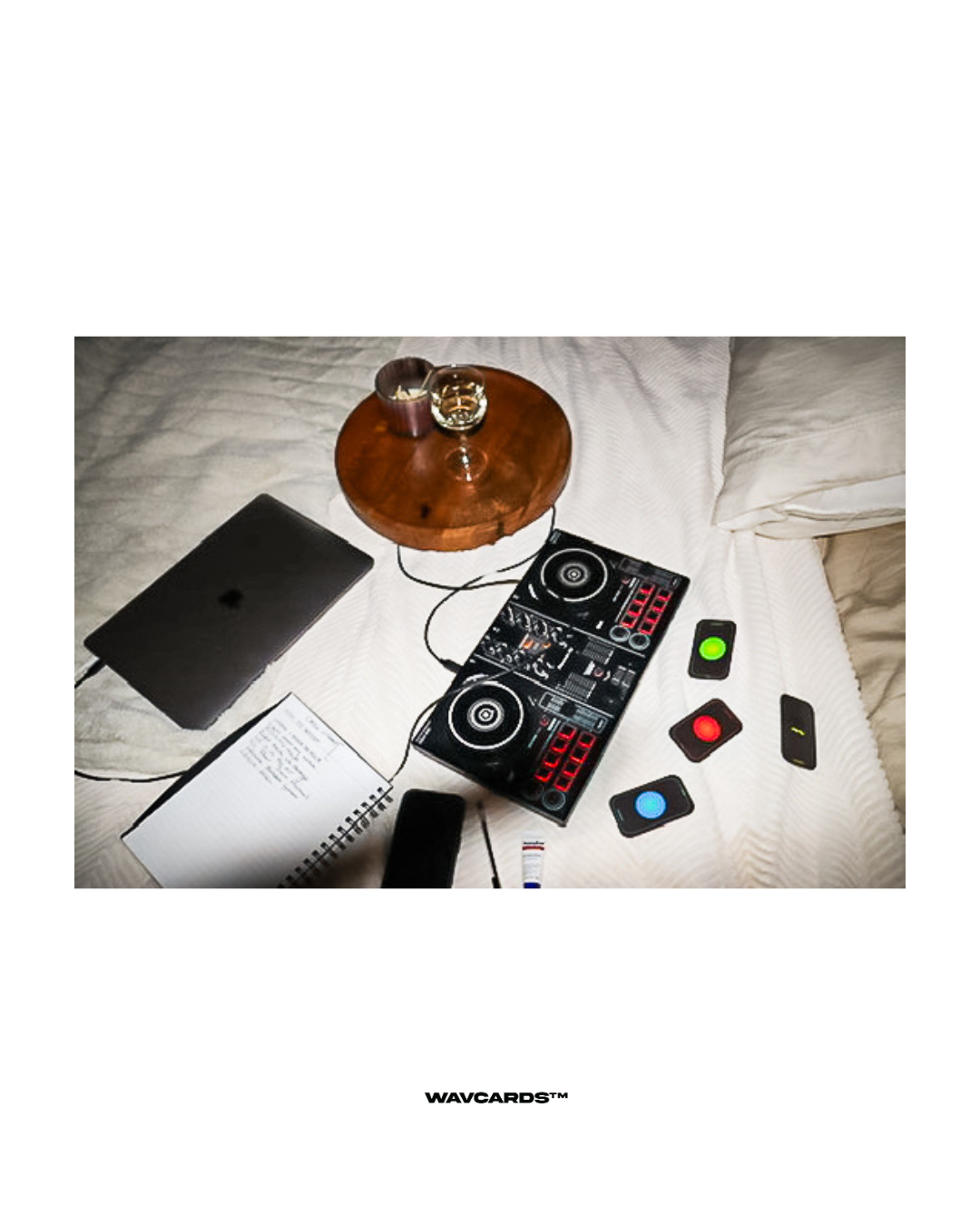
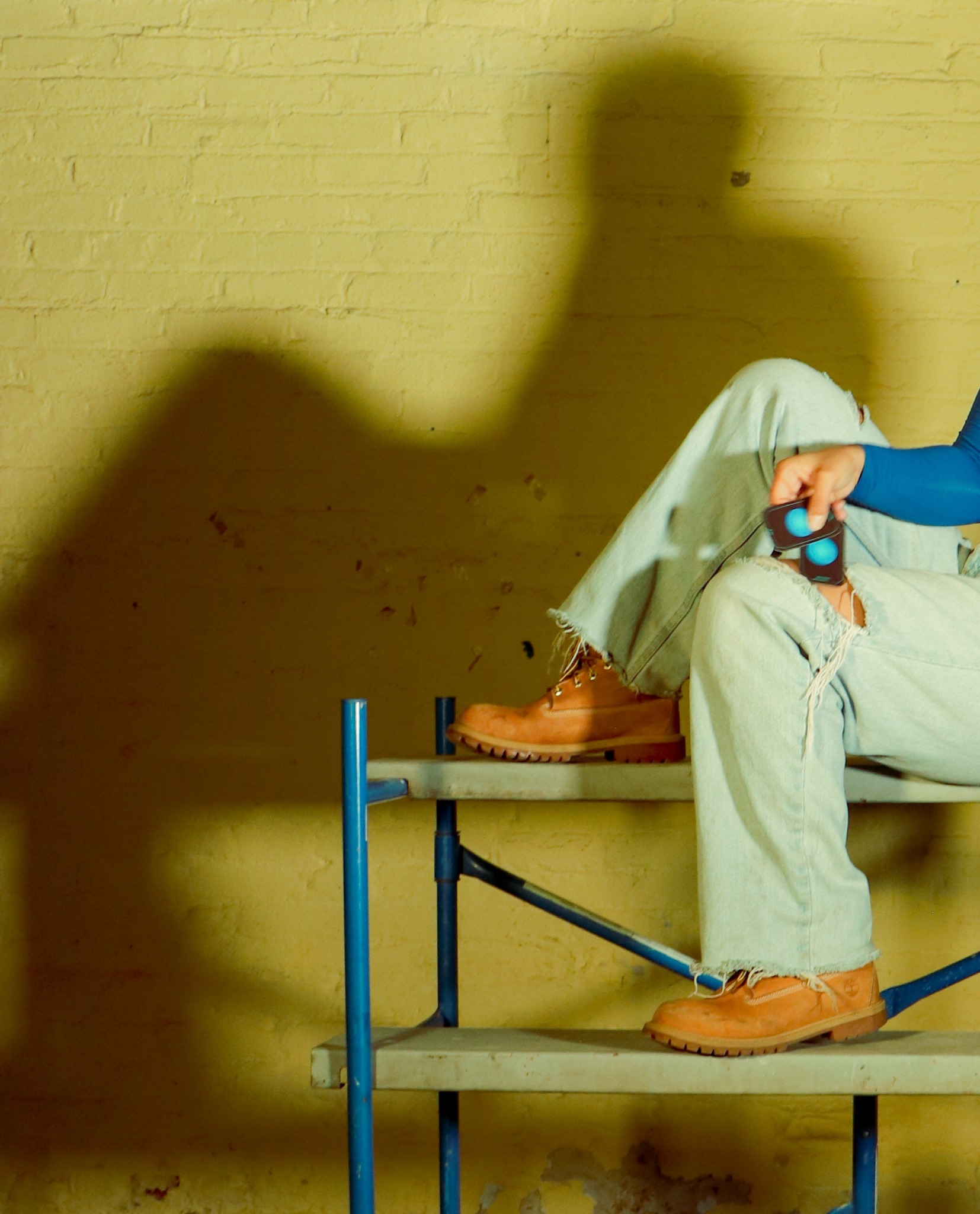
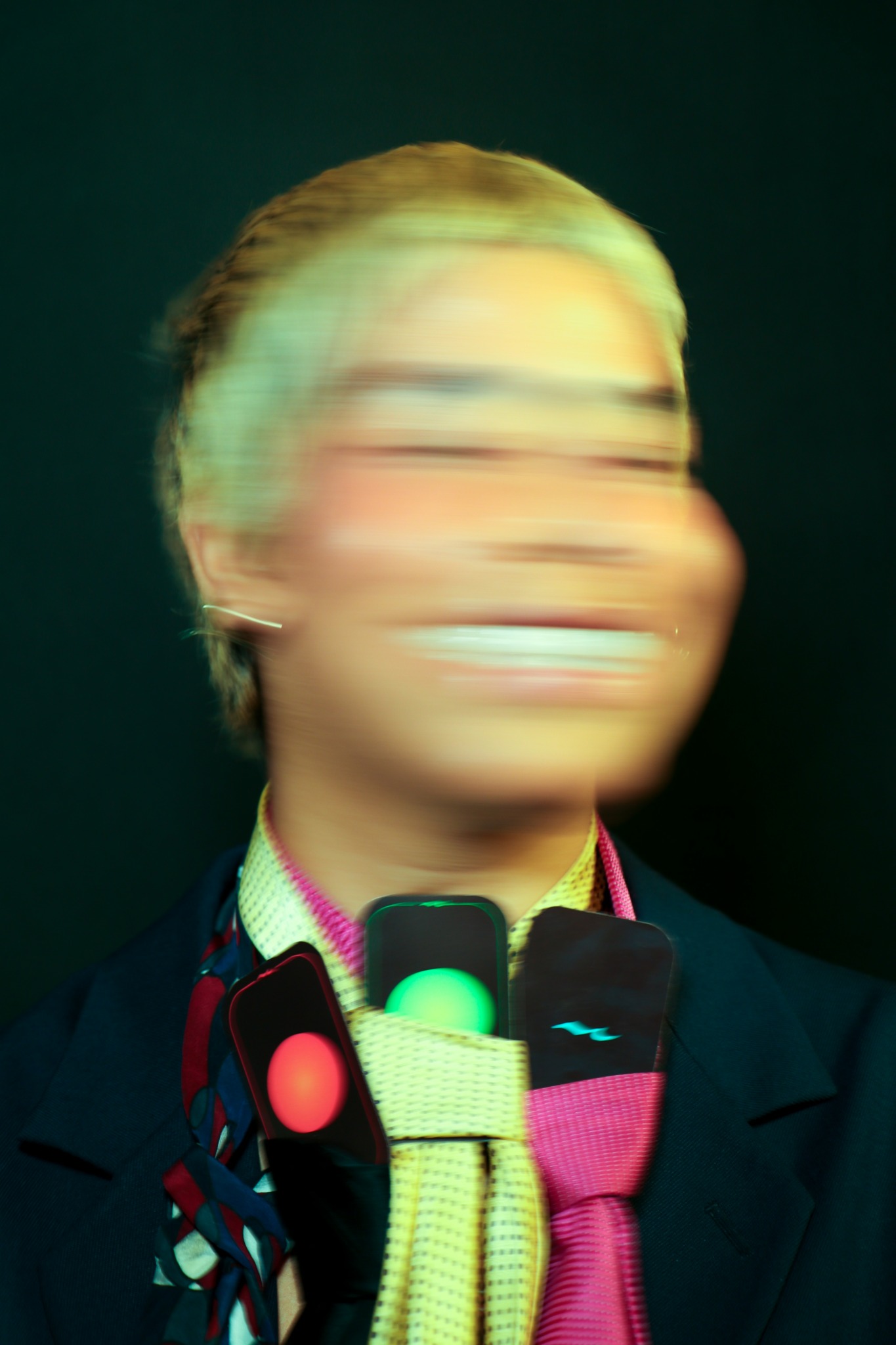
Image Credits
Maya Seri, Nina Wells, Raeden Gibran


